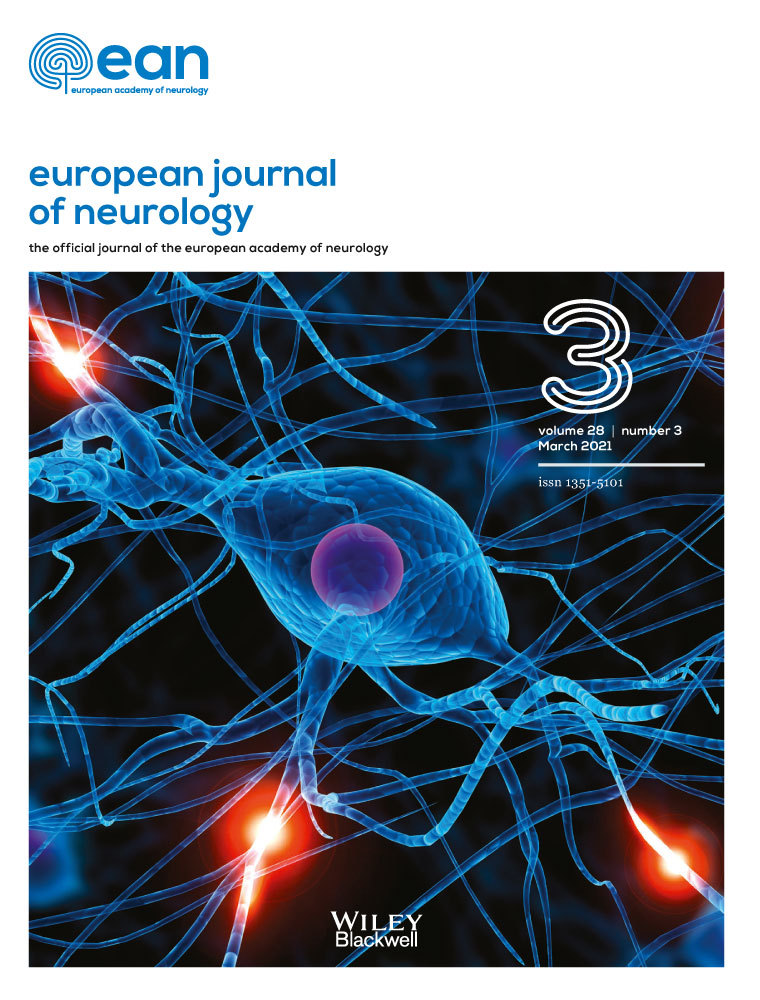Social deprivation and 1-year survival after stroke: a prospective cohort study
Abstract
Background
Social deprivation may have a deleterious influence on post-stroke outcomes, but available data in the literature are mixed.
Aim
The aim of this cohort study was to evaluate the impact of social deprivation on 1-year survival in patients with first-ever stroke.
Methods
Social deprivation was assessed at individual level with the EPICES score, a validated multidimensional questionnaire, in 1312 patients with ischemic stroke and 228 patients with spontaneous intracerebral hemorrhage, who were prospectively enrolled in six French study centers. Baseline characteristics including stroke severity and pre-stroke functional status were collected. Multivariable Cox models were generated to evaluate the associations between social deprivation and survival at 12 months in ischemic stroke and intracerebral hemorrhage separately.
Results
A total of 819 patients (53.2%) were socially deprived (EPICES score ≥ 30.17). In ischemic stroke, mortality at 12 months was higher in deprived than in non-deprived patients (16% vs. 11%, p = 0.006). In multivariable analyses, there was no association between deprivation and death occurring within the first 90 days following ischemic stroke (adjusted hazard ratio [aHR] 0.81, 95% CI 0.54–1.22, p = 0.32). In contrast, an excess in mortality was observed between 90 days and 12 months in deprived compared with non-deprived patients (aHR 1.97, 95% CI 1.14–3.42, p = 0.016). In patients with intracerebral hemorrhage, mortality at 12 months did not significantly differ according to deprivation status.
Conclusions
Social deprivation was associated with delayed mortality in ischemic stroke patients only and, although the exact underlying mechanisms are still to be identified, our findings suggest that deprived patients in particular may benefit from an optimization of post-stroke care.
CONFLICT OF INTEREST
Yannick Béjot received honoraria or consulting fees from AstraZeneca, BMS, Pfizer, Medtronic, MSD France, Amgen, and Boehringer-Ingelheim. Other authors: none. The authors report no disclosures of conflicts of interest.
Open Research
DATA AVAILABILITY STATEMENT
Data are available on reasonable request due to privacy/ethical restrictions.




